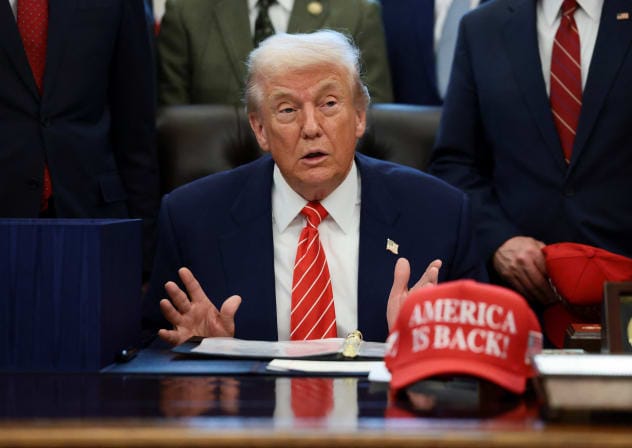'Trump is a man of action': Iranians receive mass SMS message linked with US support for protesters
A mass Farsi SMS campaign to Iranian protesters claims Trump is "a man of action" amid unrest, with many waiting for outside intervention.

A mass Farsi SMS campaign to Iranian protesters claims Trump is "a man of action" amid unrest, with many waiting for outside intervention.




Attacks could reportedly include the Houthis resuming its attacks on Western shipping boats in the Red Sea, or Hezbollah, al-Qaeda, and other "affiliates" attacking US bases or embassies in Europe.

A Saudi royal family source told N12 that the solution for Iran is no longer a limited military strike but a fundamental regime change, starting with the ousting of Supreme Leader Khamenei.

UN human rights experts demand that Iran reveal the fates of detainees, stop executions, and provide accountability amidst the brutal crackdown on protesters in recent months.

US military buildup in the Middle East signals a possible strike on Iran’s regime, with analysts suggesting it could lead to regime collapse within weeks.

US President Trump is struggling with what may be the largest decision of his presidency, amid vast domestic and global pressures and counter-pressures pushing him in opposite directions.

Reuters reported for the first time that Iran is offering fresh concessions since its talks ended last week, when the sides appeared far apart and were heading toward military conflict.

An Iranian local told KAN Reshet Bet that anti-regime activists would prefer an Israeli strike for its precision, as they await a US attack on the regime amid ongoing protests and brutal crackdowns.

US negotiators will meet Iran in Geneva on Thursday for a new round of nuclear talks, with significant gaps remaining over enrichment limits and Trump's "zero enrichment" stance.

A video circulating from the scene showed students dispersing while chanting, “Don’t be afraid, we are all together,” according to the outlets.

Iran’s supreme leader has appointed his close ally, Ali Larijani, as the country’s de facto leader, sidelining the elected president, Masoud Pezeshkian.
